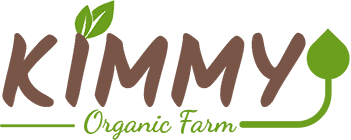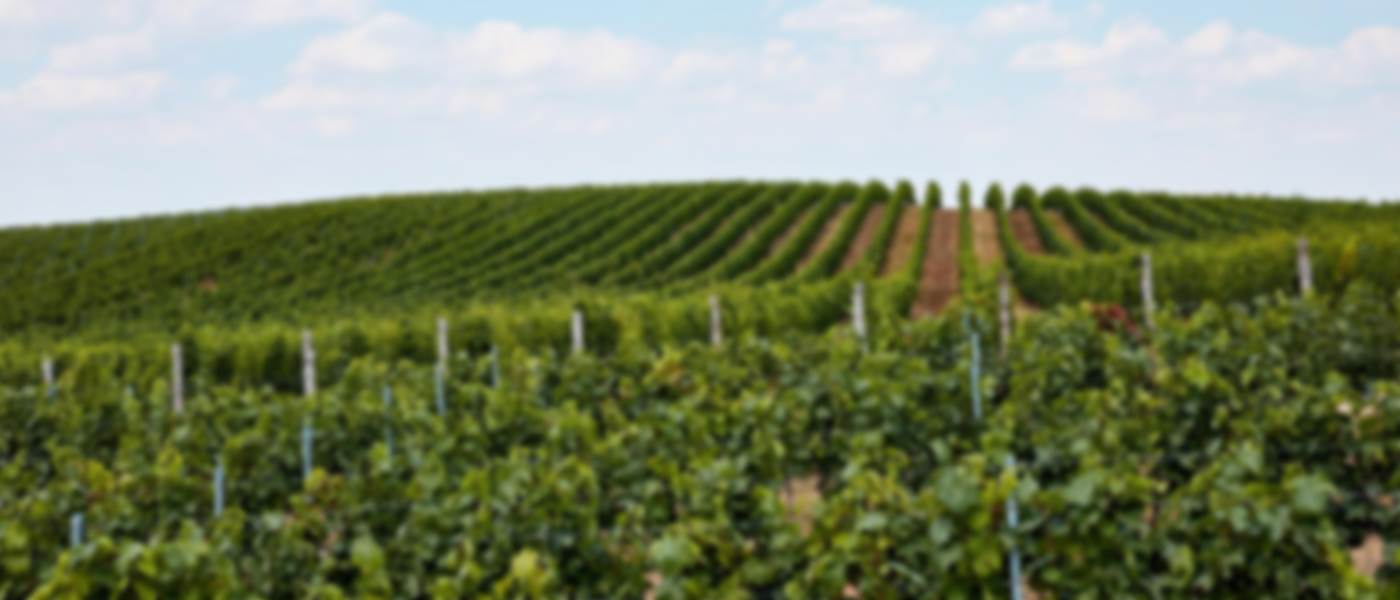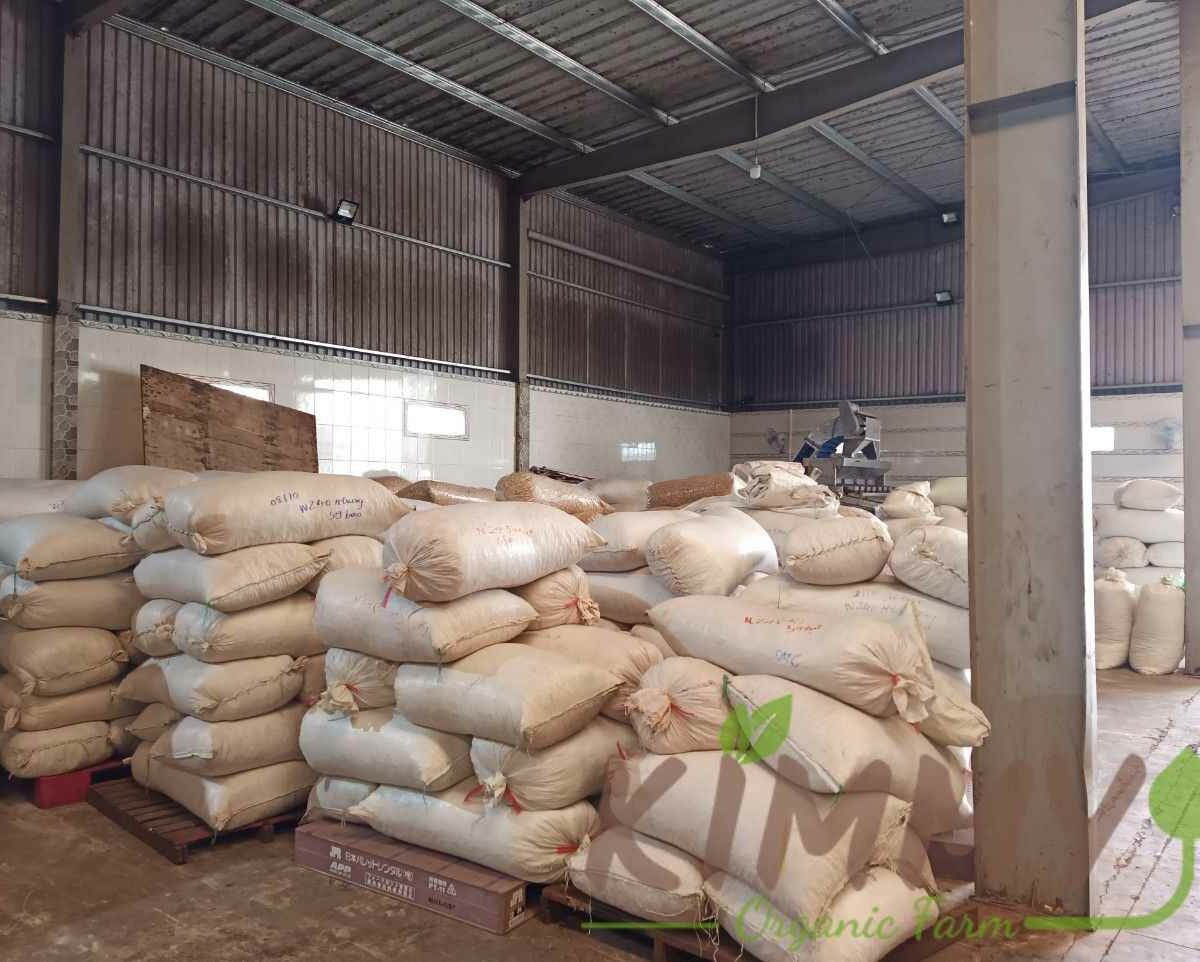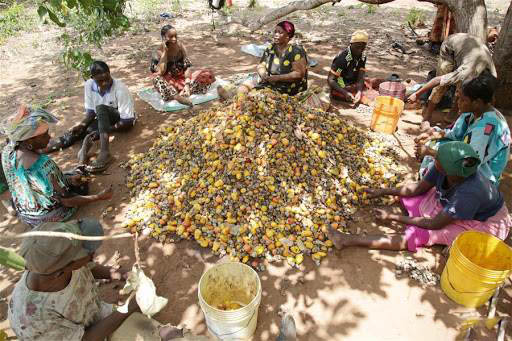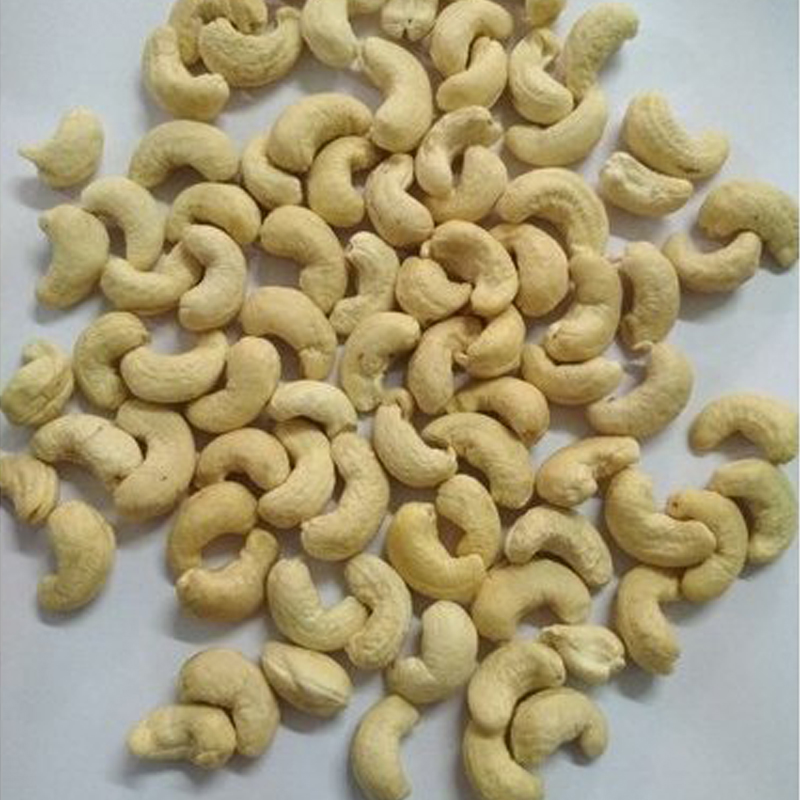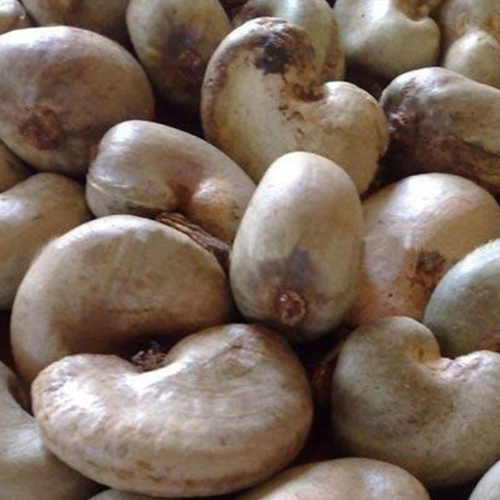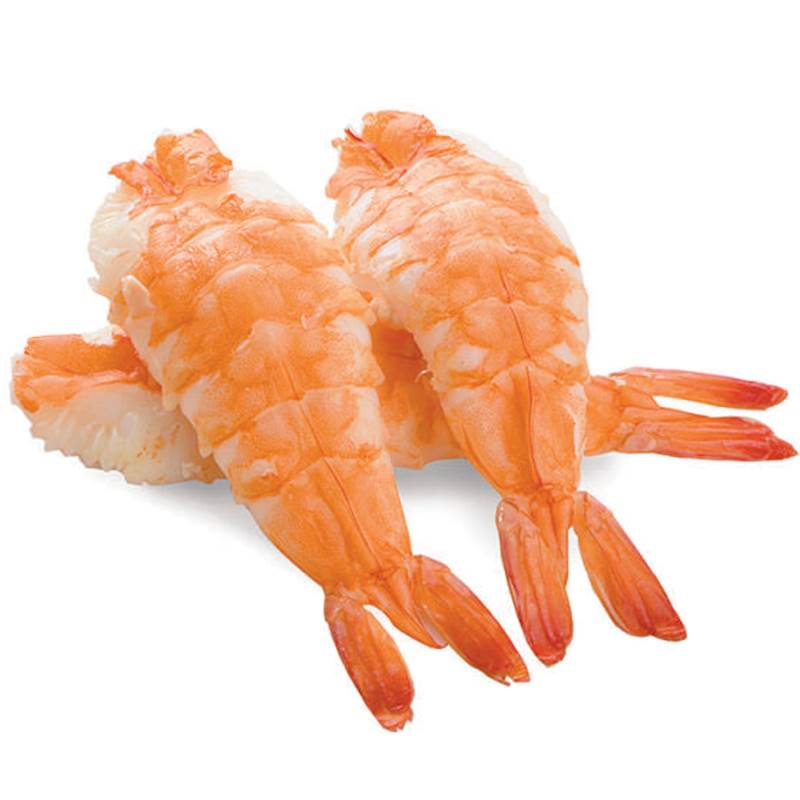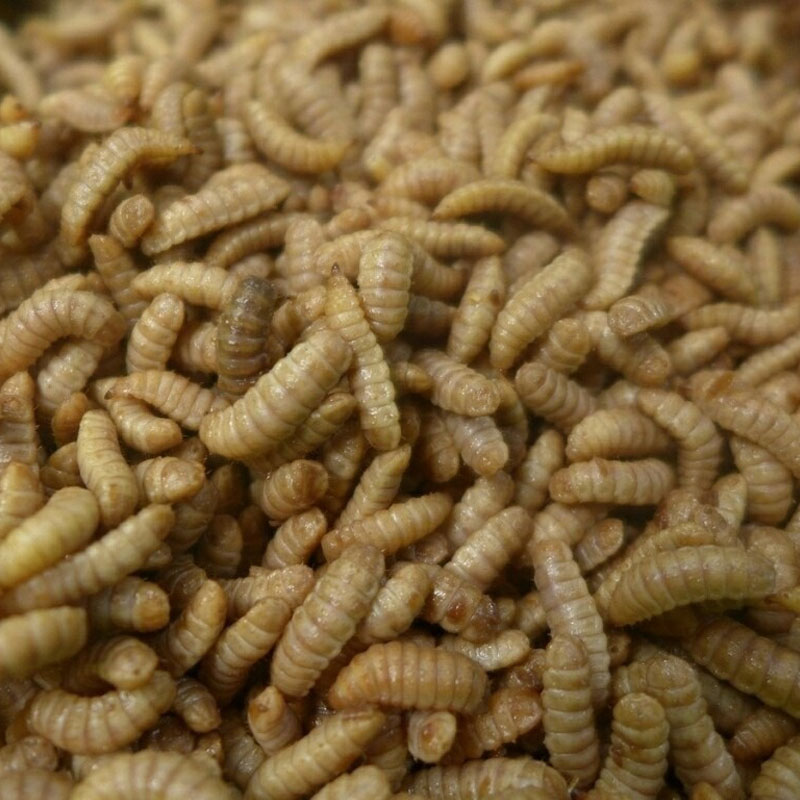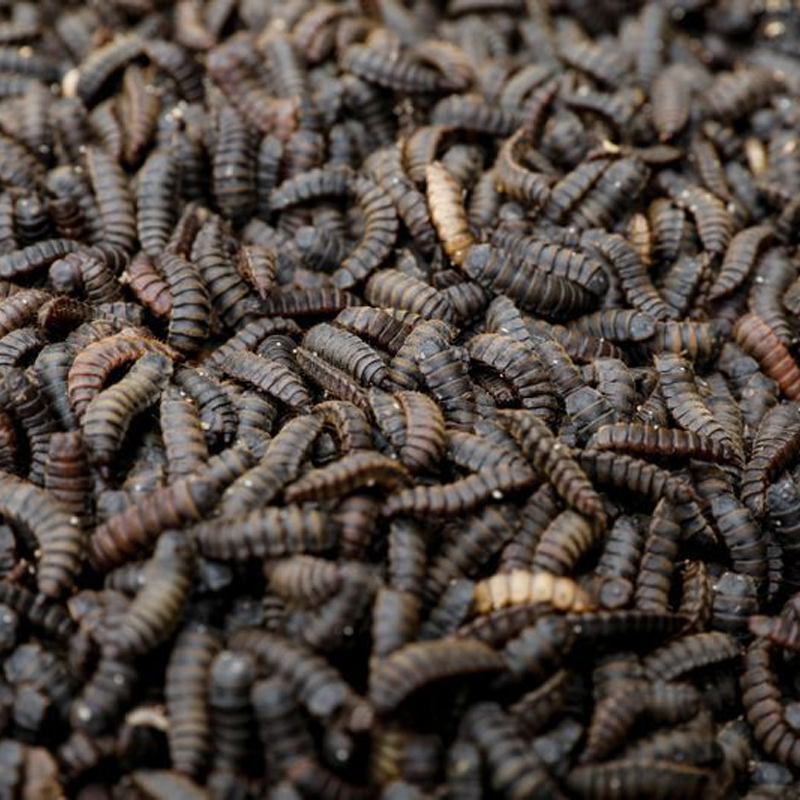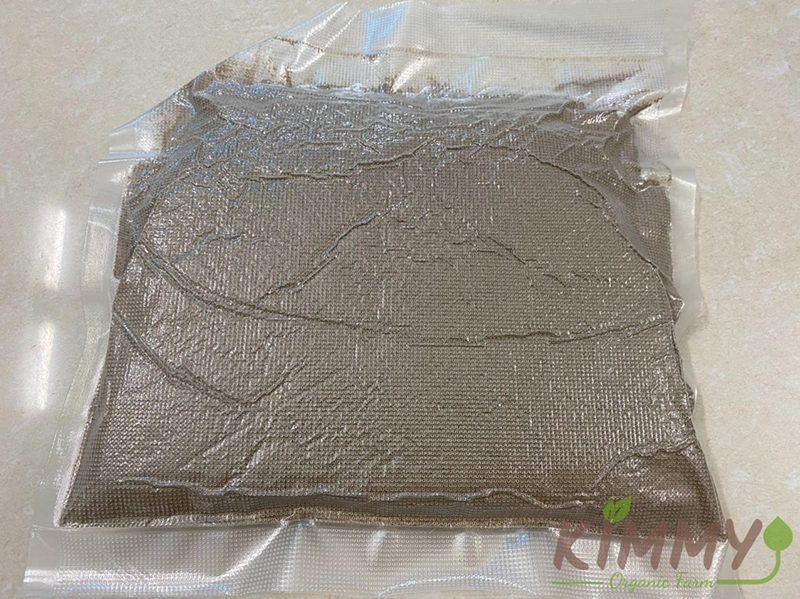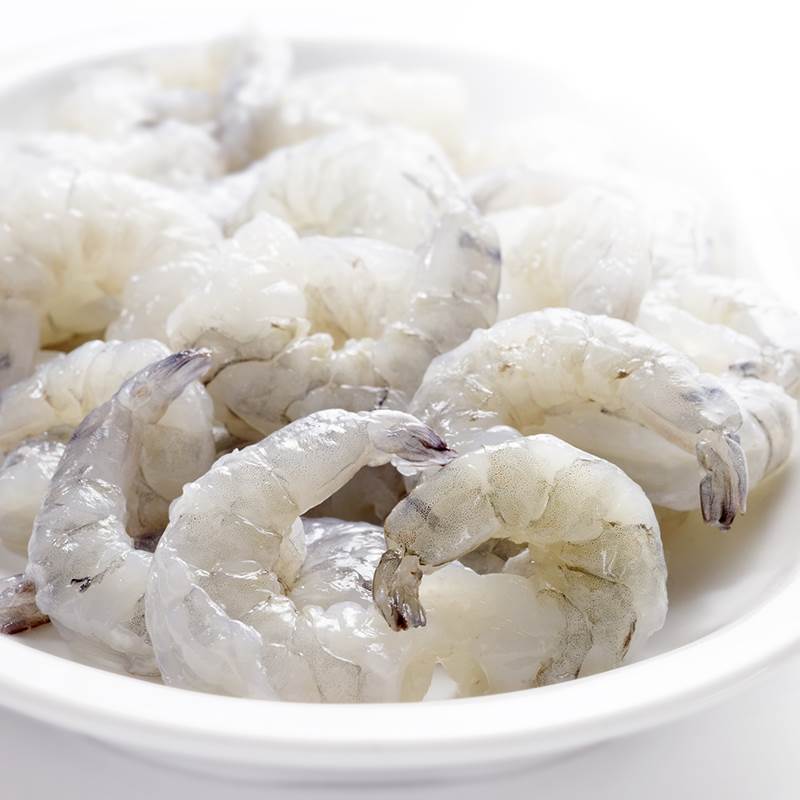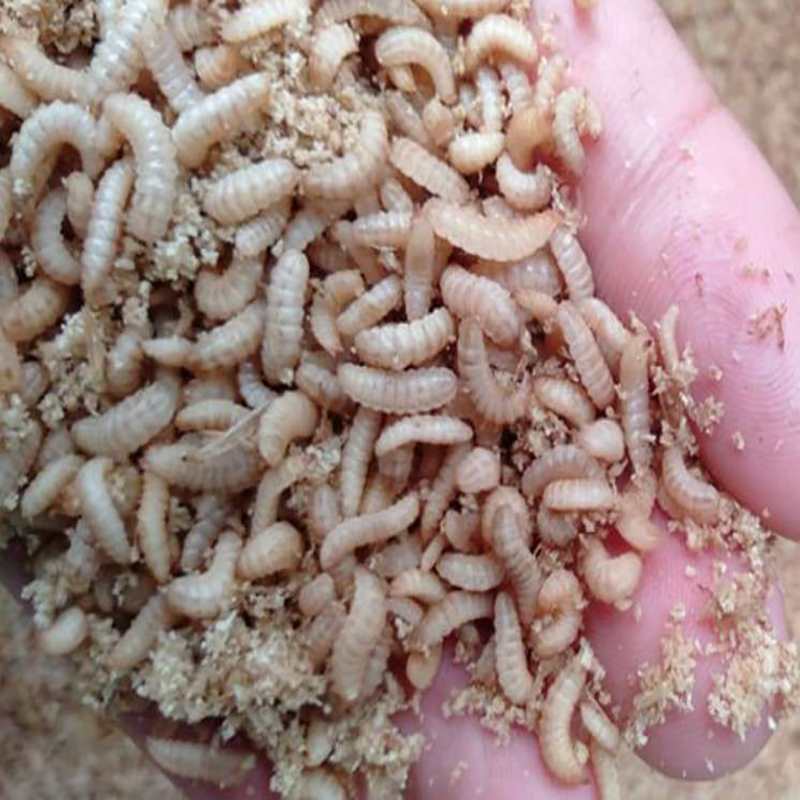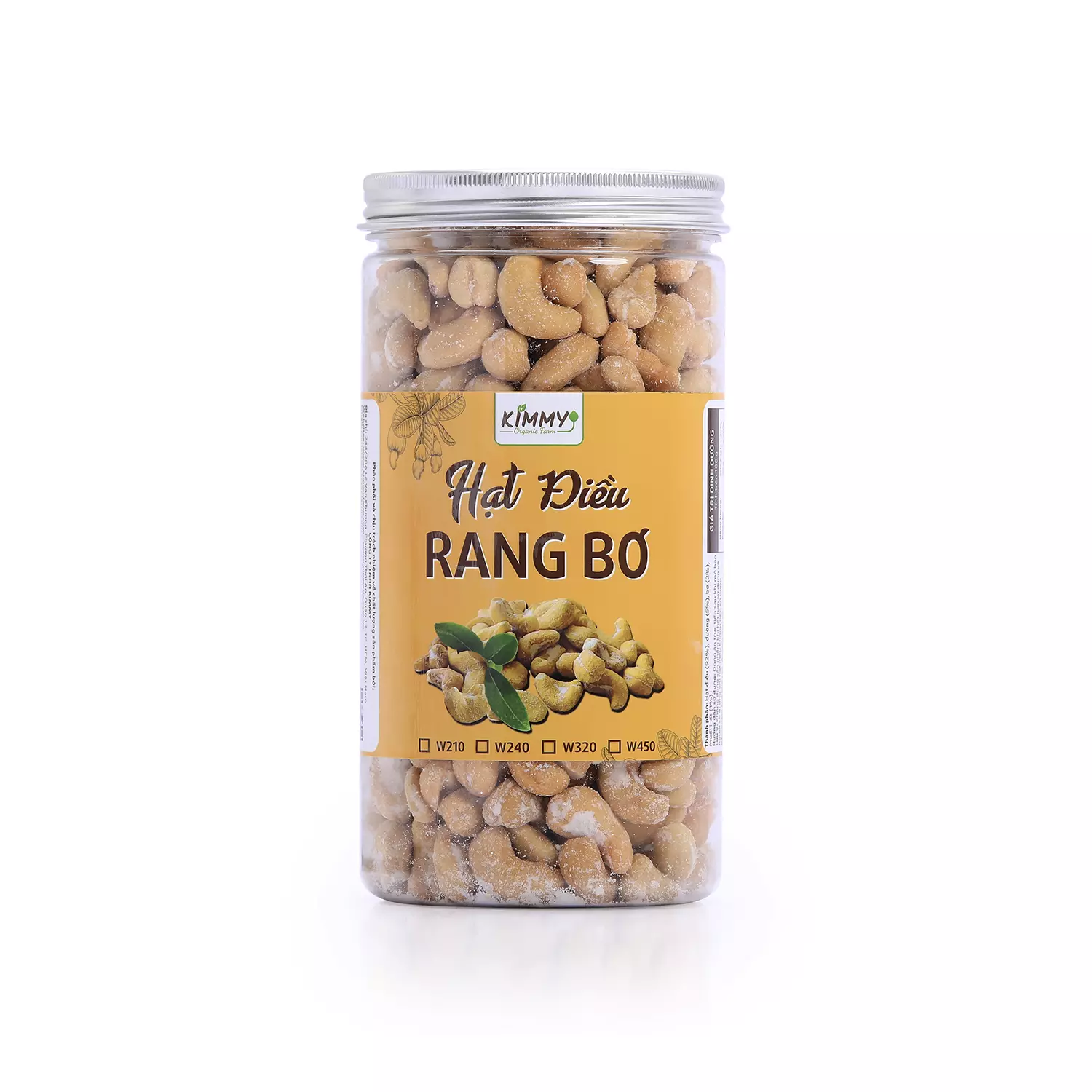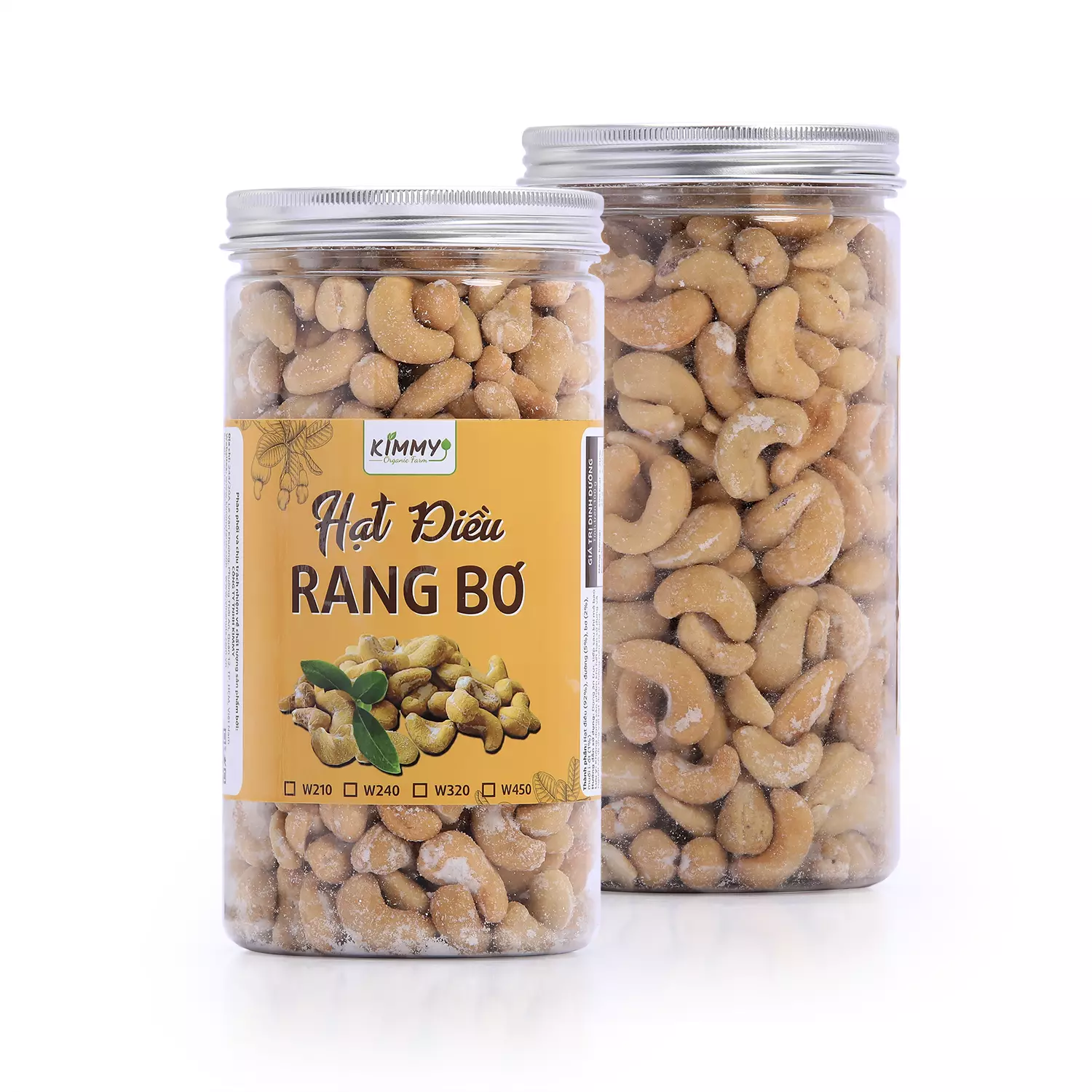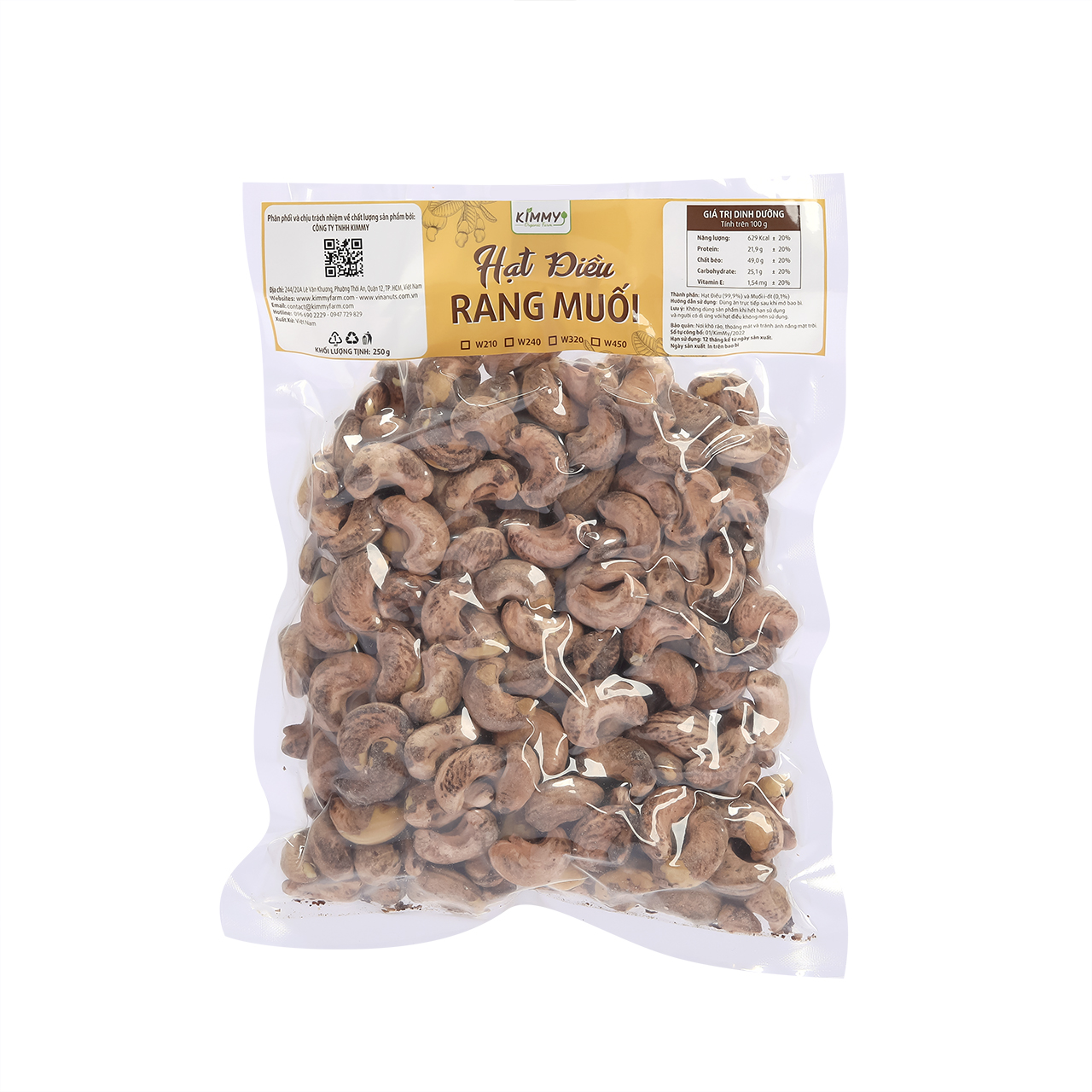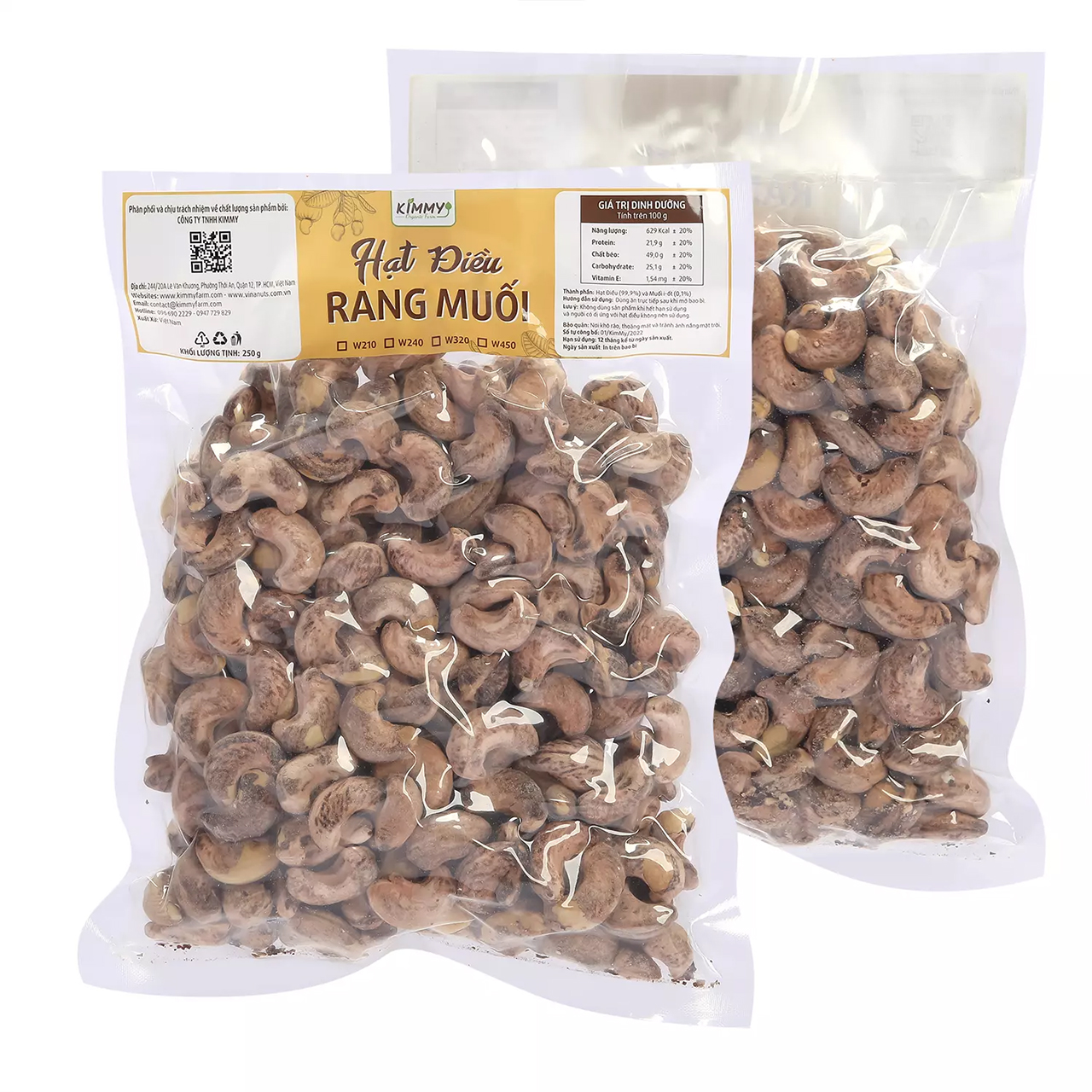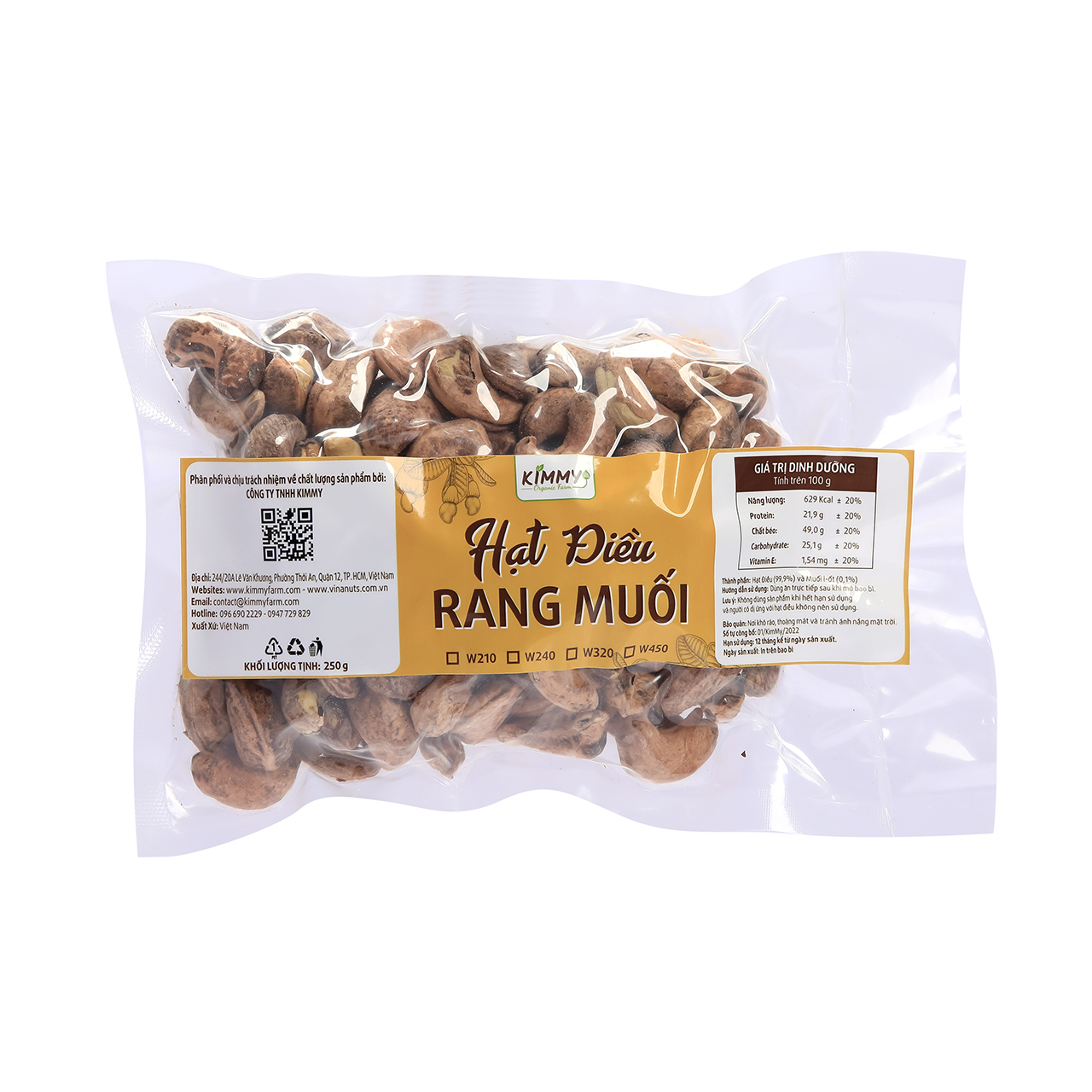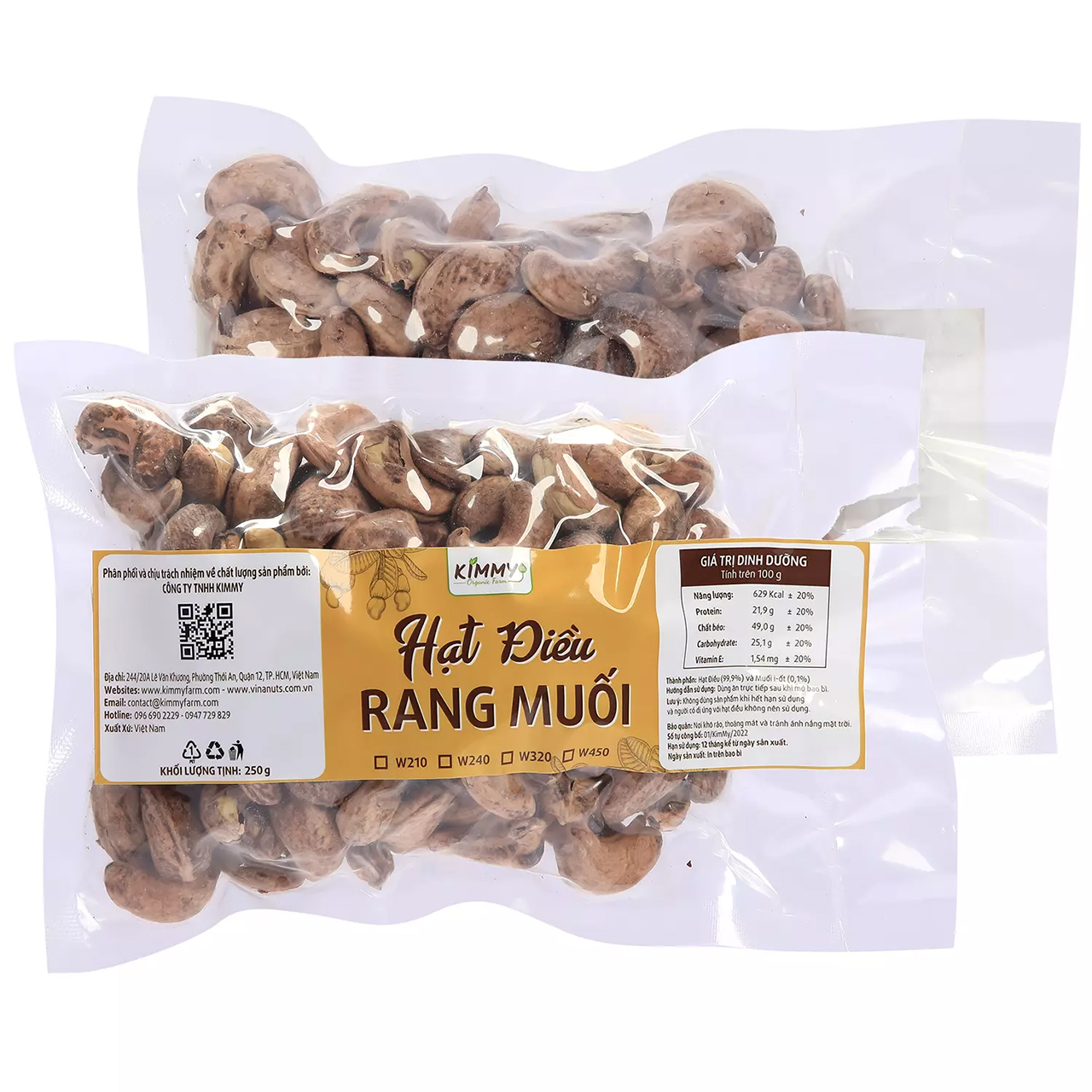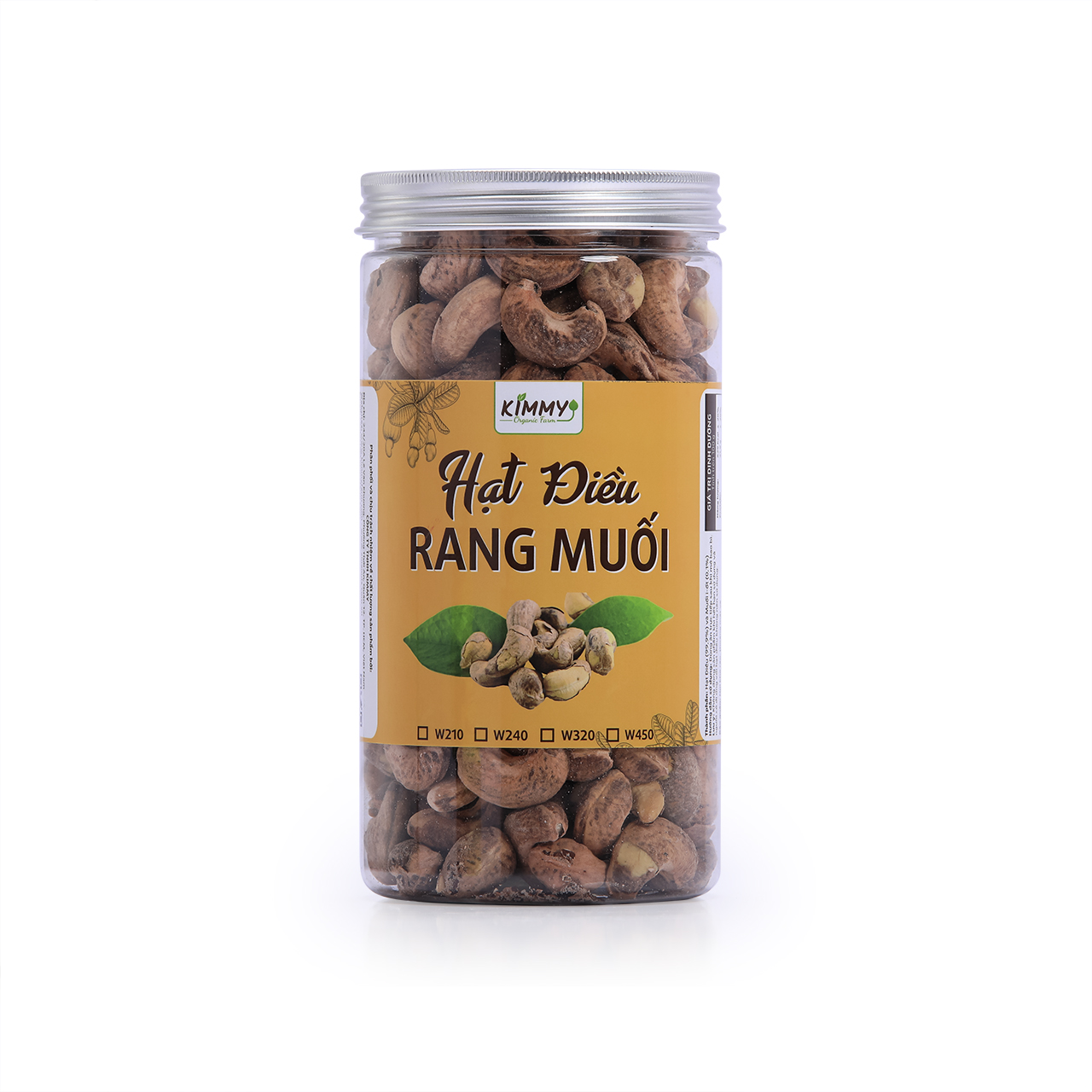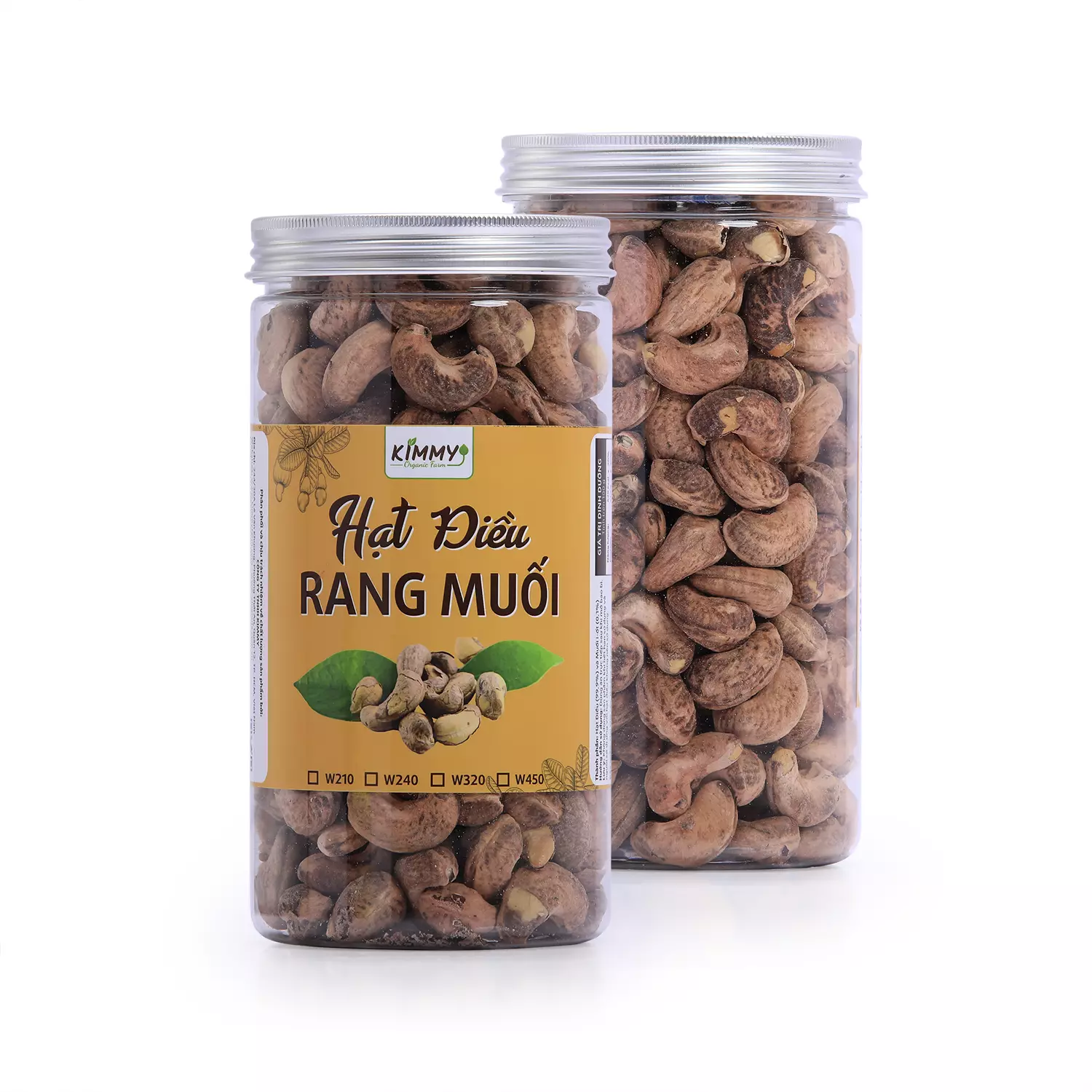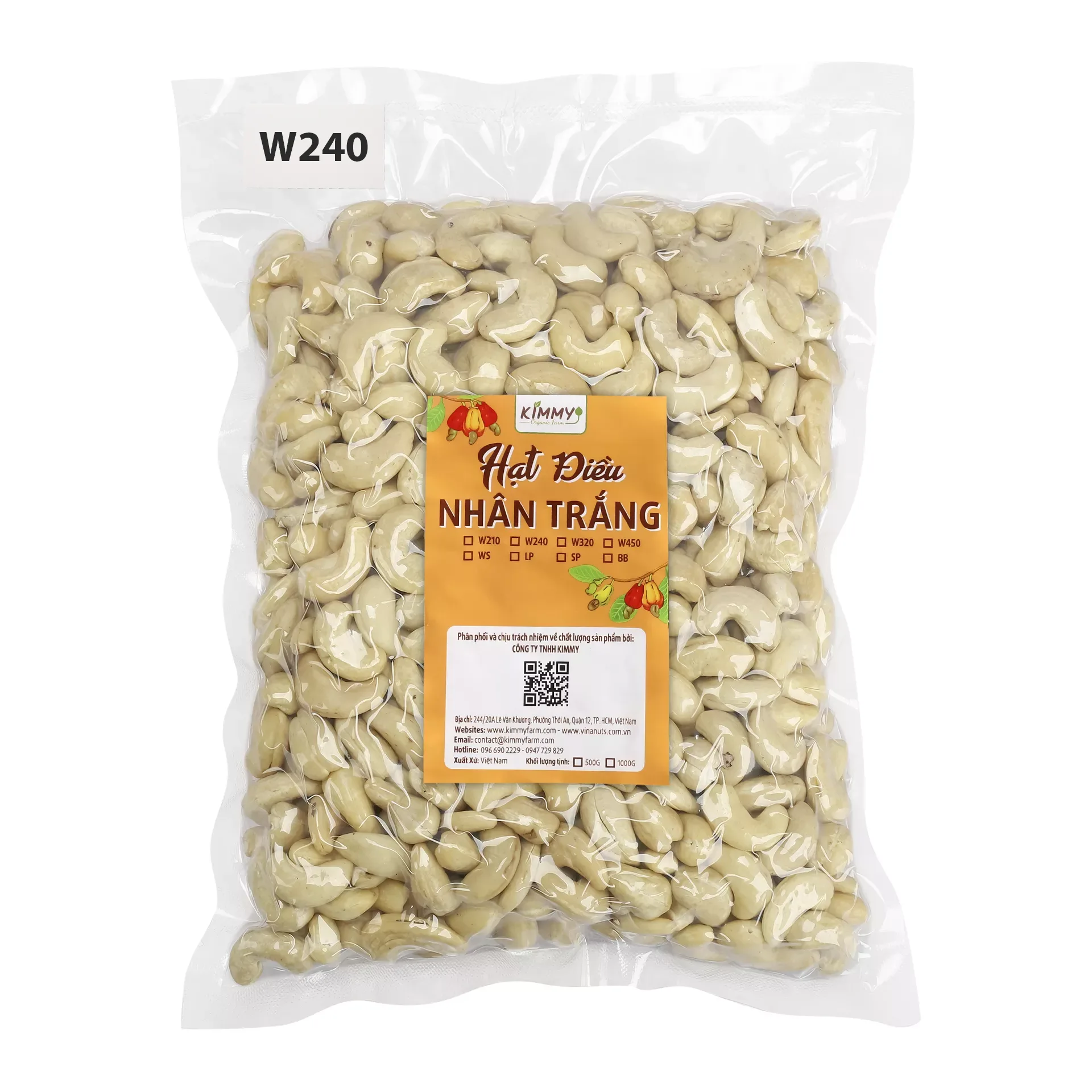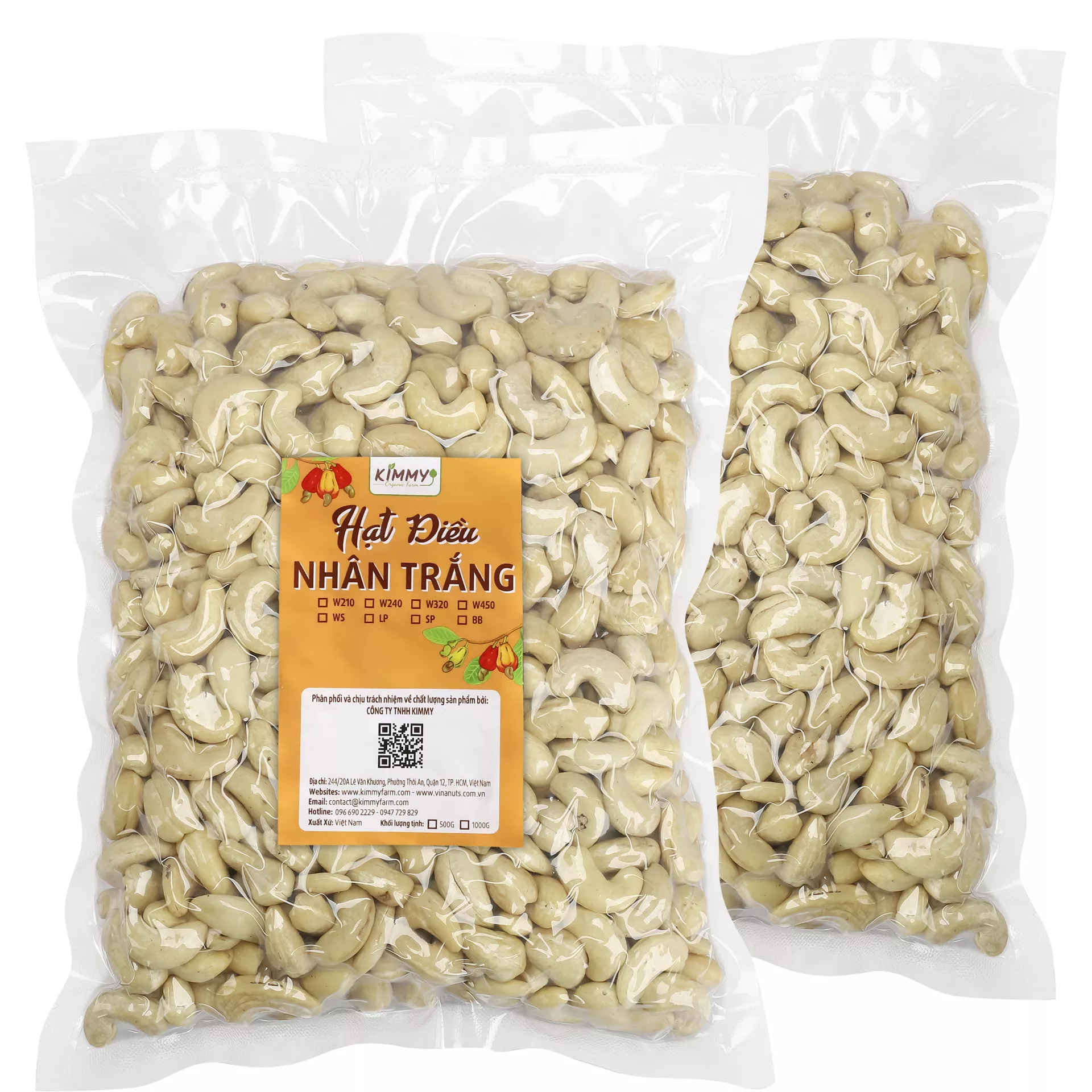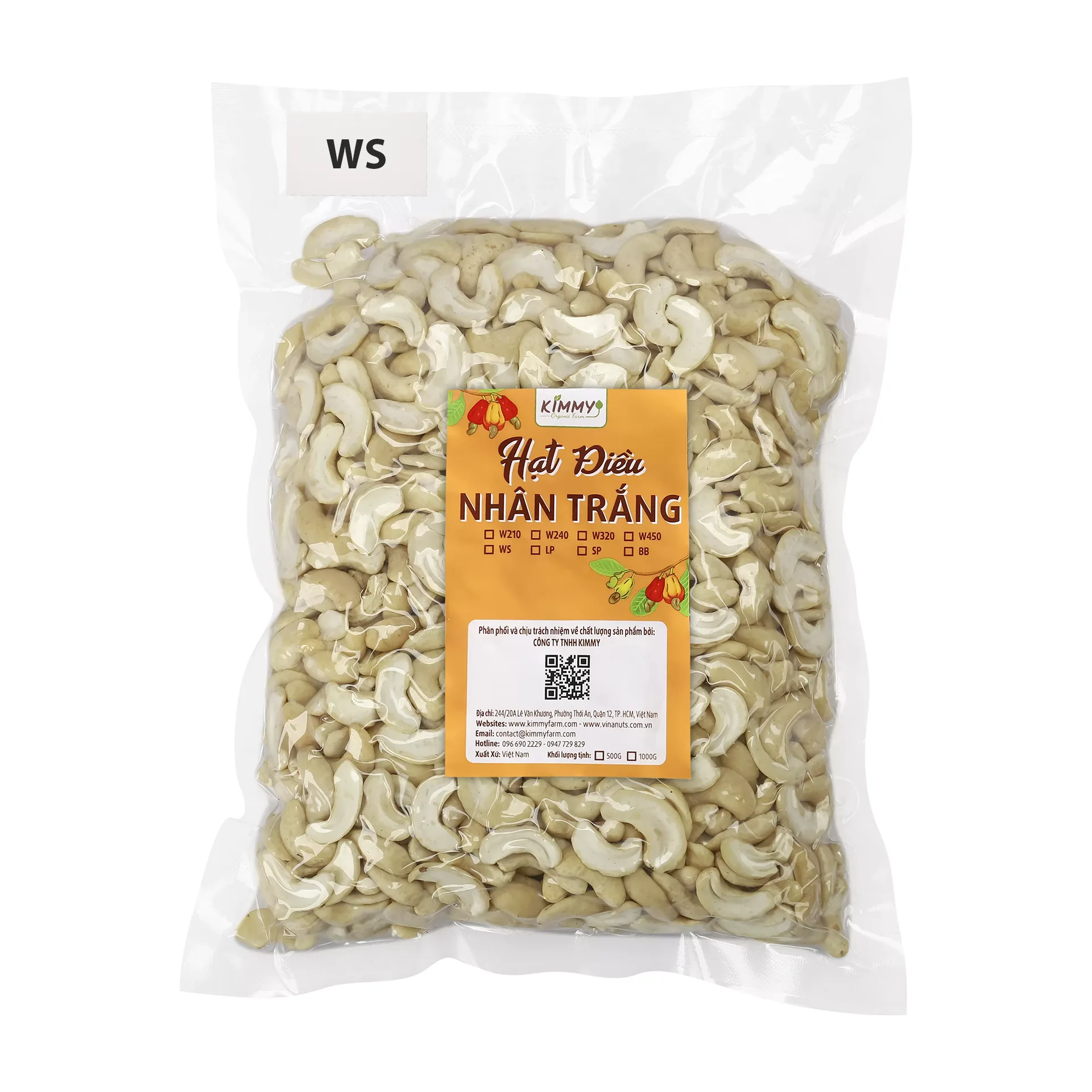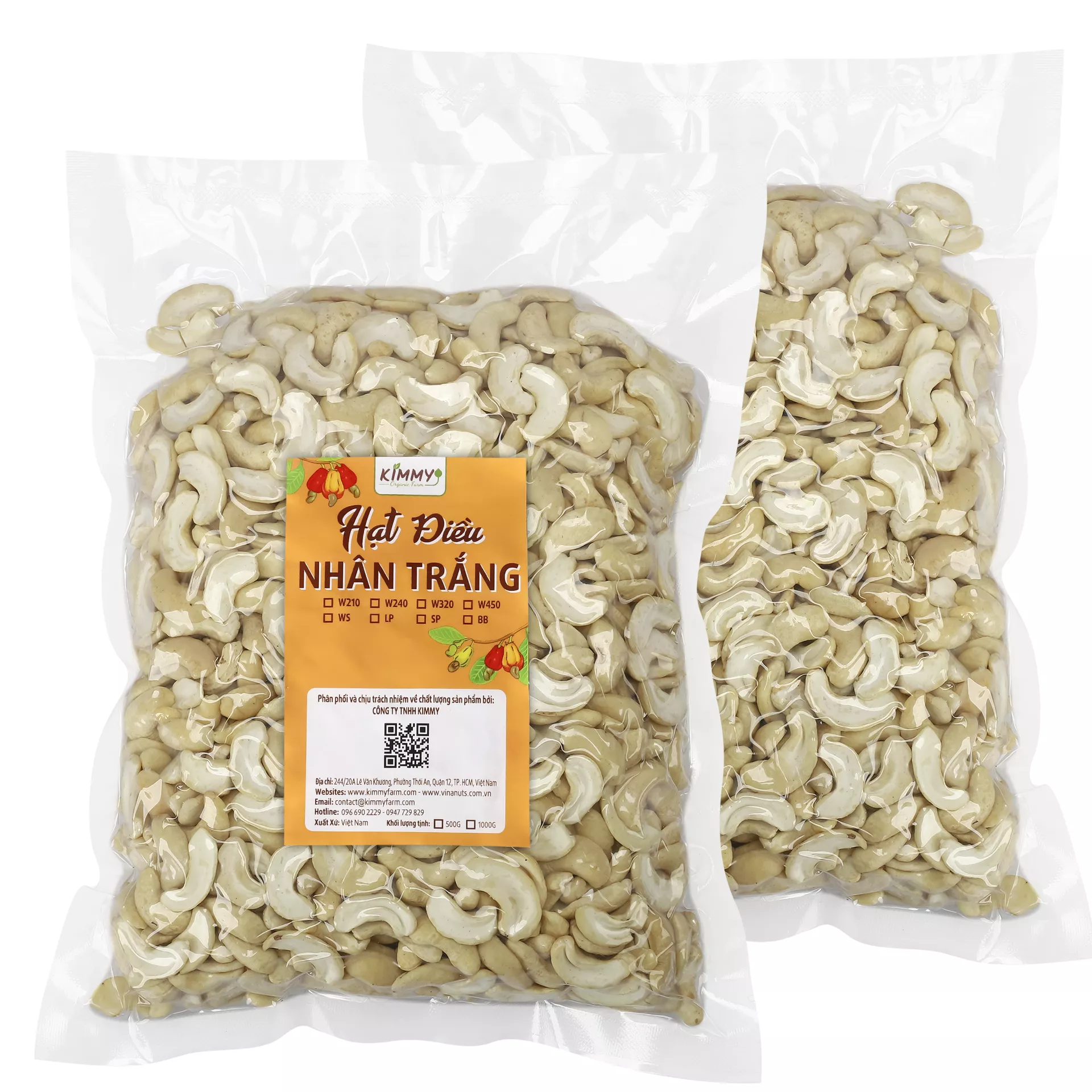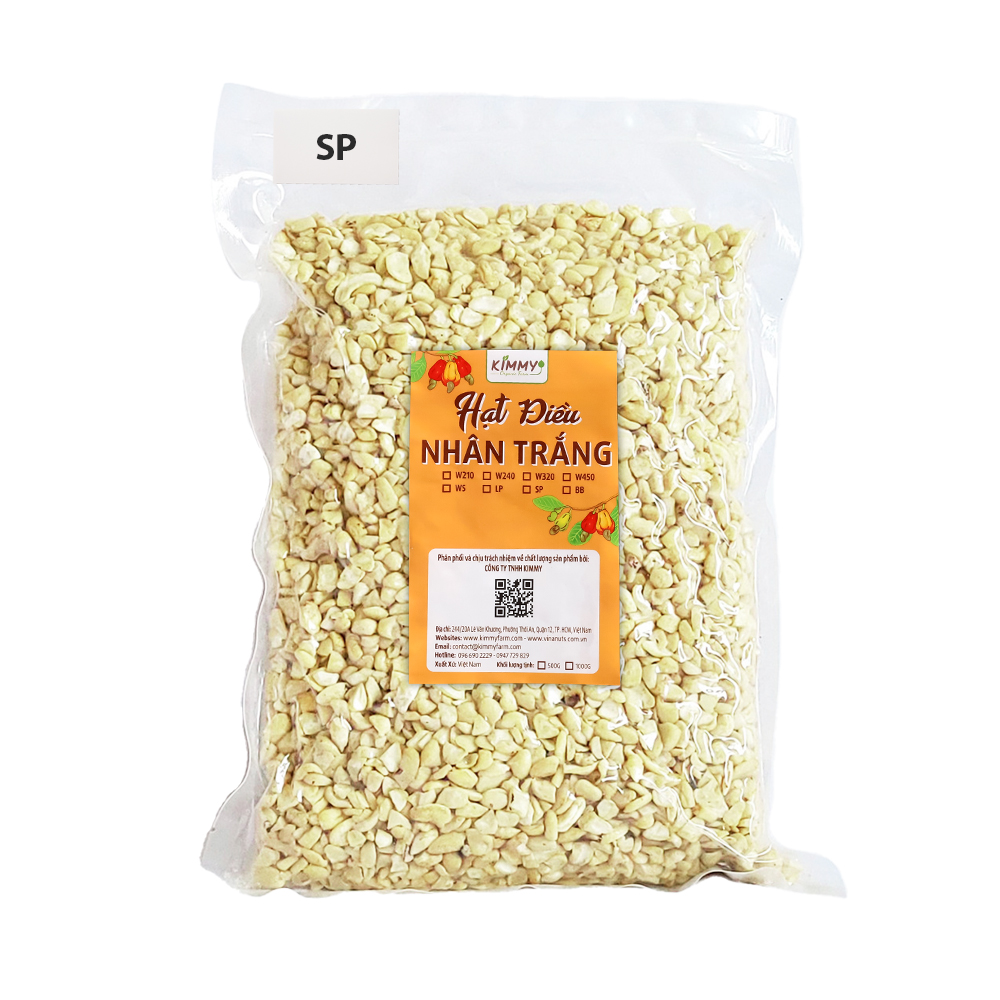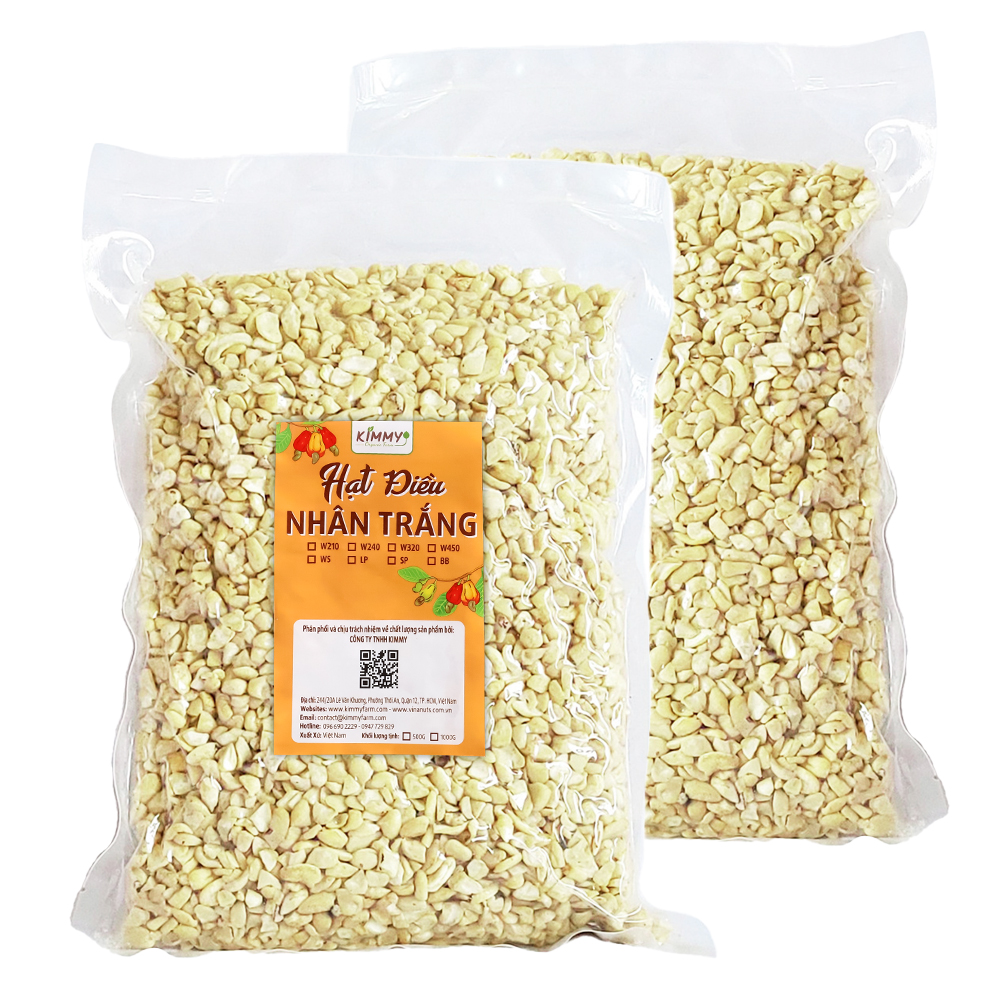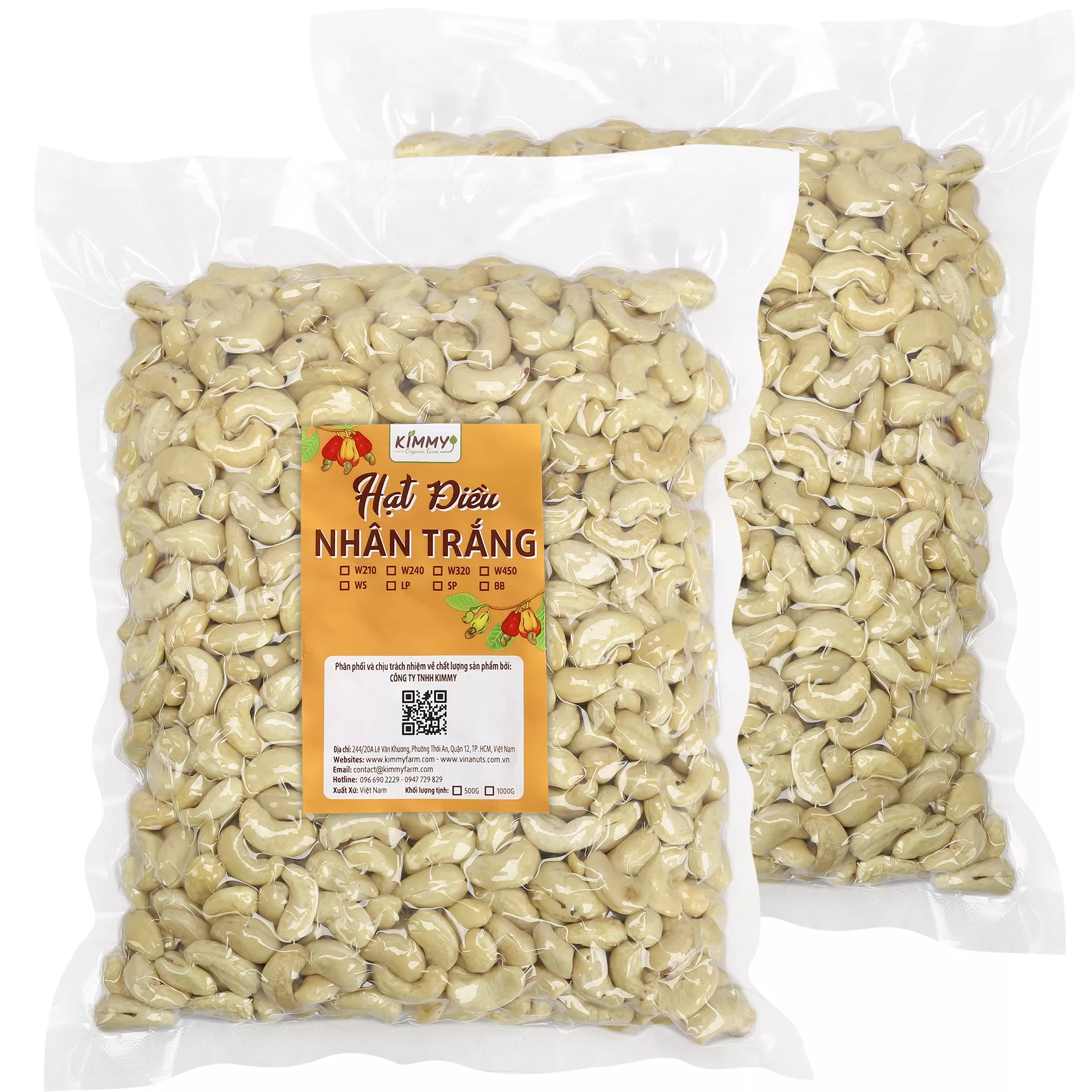Have you had enough of the massive quantity of food waste in your city? Fortunately, Black Soldier Fly Larvae might be the answer you’ve been seeking. These microscopic organisms not only drastically cut down on trash volume (by as much as 95%!), but they also transform organic waste into high-protein animal feed. You can help make the world a better place by reducing your impact on the environment and making your waste management system more sustainable by adding Black Soldier Fly Larvae. A win-win for trash management and animal husbandry, the nutrient-rich larvae can also be utilized as a useful resource for chicken feed, fish feed, and fertilizer. In this article, we will discuss how Black Soldier Fly Larvae can be used to turn food scraps into a useful commodity in city settings.
About Black Soldier Fly Larvae:
Your understanding of black soldier fly larvae is crucial to fully appreciate their potential as a solution to food waste in urban areas. Black soldier fly larvae are the immature, or larval, stage of the Hermetia illucens, a species of fly native to warm and temperate regions of the Americas. These larvae are highly efficient at bioconverting organic waste into valuable nutrients, making them an attractive option for sustainable waste management and animal feed production.
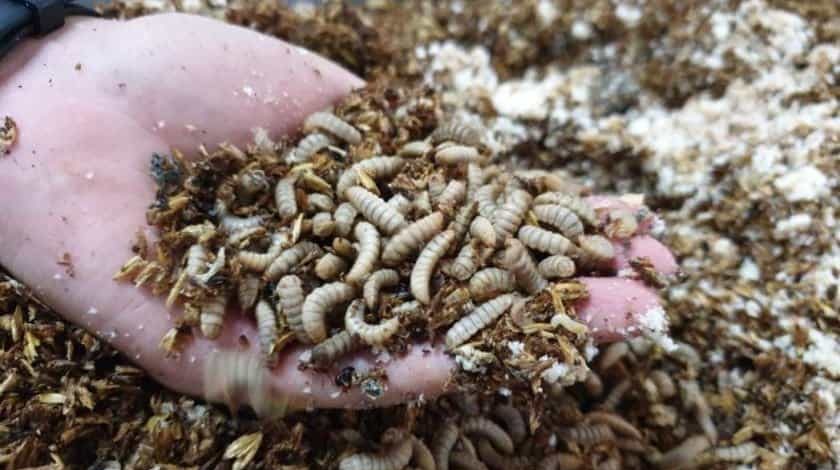
Hermetia illucens is a species of fly native to warm and temperate regions of the Americas. Black soldier fly larvae are the immature stage of this insect.
The black soldier fly is a non-pest species that does not bite or sting, making it harmless to humans. Its larvae are voracious eaters, capable of consuming a wide range of organic materials, including food scraps, manure, and agricultural by-products. Moreover, these larvae are rich in protein and healthy fats, making them a nutritious source of food for animals and potentially for humans as well. With their quick reproductive cycle and ability to thrive in various environmental conditions, black soldier fly larvae are a highly adaptable and sustainable solution for managing organic waste.
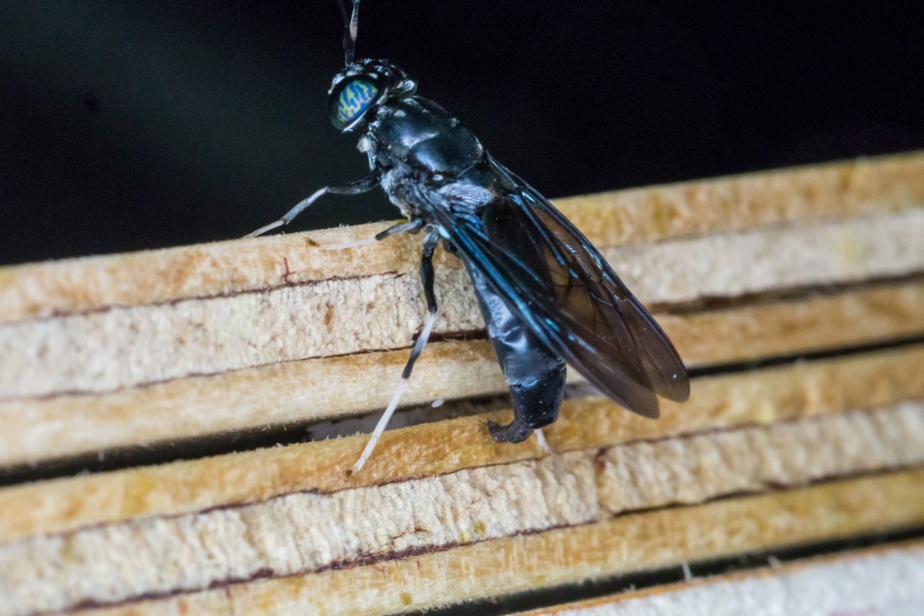
Because it does not bite or sting, the black soldier fly is completely safe to humans and is therefore not considered a nuisance.
Waste Reduction and the Black Soldier Fly Larvae
Some urban areas face the challenge of dealing with large amounts of organic waste, including food scraps and agricultural by-products. In this context, Black Soldier Fly Larvae (BSFL) have emerged as a sustainable solution to reduce organic waste and its environmental impact.
Black Soldier Fly Larvae as Bio-converters
Black Soldier Fly Larvae play a crucial role in waste reduction as efficient bio-converters. When they consume organic waste, they break it down into their own biomass, which can then be harvested and used as a valuable source of protein and fat. This process rapidly reduces the volume of waste and transforms it into a resource that can be utilized in various ways, such as in animal feed or as a raw material for biodiesel production. By employing Black Soldier Fly Larvae as bio-converters, you can significantly decrease the amount of organic waste sent to landfills and contribute to a more sustainable waste management system in urban areas.
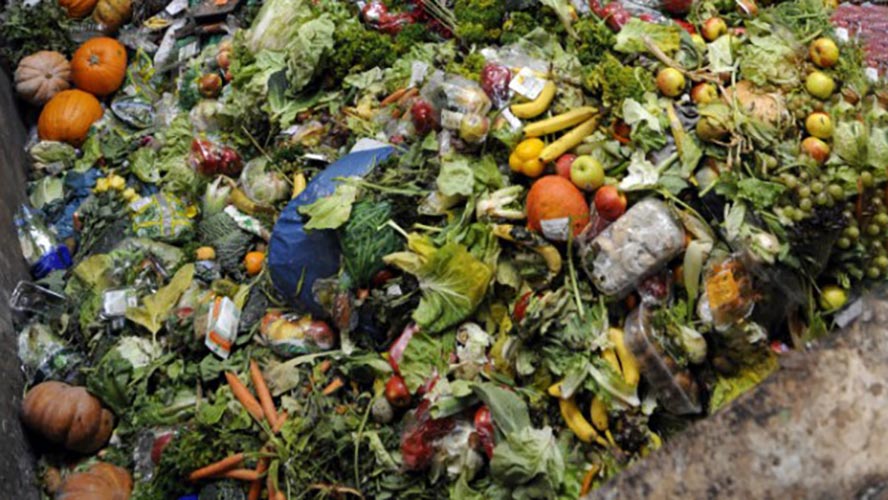
As effective bio-converters, black soldier fly larvae are vital to trash reduction efforts.
Advantages over Traditional Composting Methods
Unlike traditional composting methods, Black Soldier Fly Larvae offer several key advantages. They are highly efficient at breaking down a wide range of organic materials, including meat, dairy, and citrus fruits, which may be challenging for other composting processes. In addition, Black Soldier Fly Larvae operate effectively in smaller spaces and do not produce foul odors, making them suitable for urban environments. Their ability to quickly process waste and produce valuable by-products sets them apart from traditional composting methods and makes them a compelling solution for managing organic waste in your urban area.
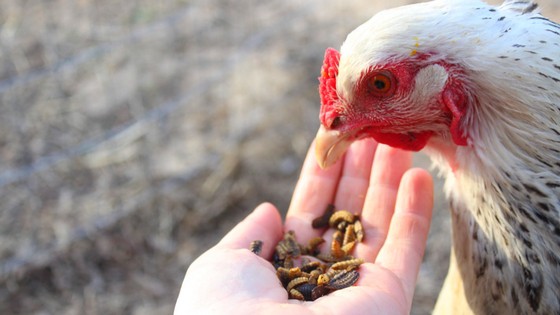
Economic Opportunities:
The cultivation of black soldier fly larvae presents economic opportunities. Beyond waste management, the larvae and their byproducts, such as frass and prepupae, can be utilized in various industries. For example, the larvae can be processed into high-protein animal feed, contributing to the sustainable production of feedstock for livestock and aquaculture. The impact of black soldier fly larvae on food waste management in urban areas is significant. Not only does it drastically reduce the amount of waste going to landfills, but it also produces valuable byproducts such as nutrient-rich compost and animal feed. The long-term benefits of integrating black soldier fly larvae into waste management systems are far-reaching and contribute to a more sustainable and environmentally friendly approach to urban food waste.
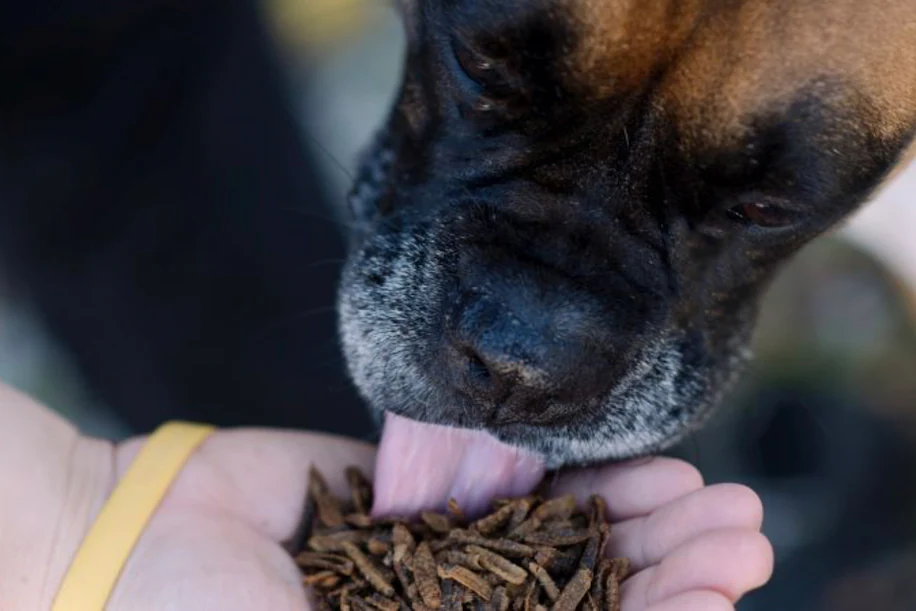
Educational Value:
Introducing black soldier fly larvae systems in educational settings provides valuable learning opportunities. Students and community members can gain insights into sustainable waste management practices, the life cycle of insects, and the importance of recycling organic matter. This educational component fosters awareness and a sense of responsibility toward environmental stewardship.
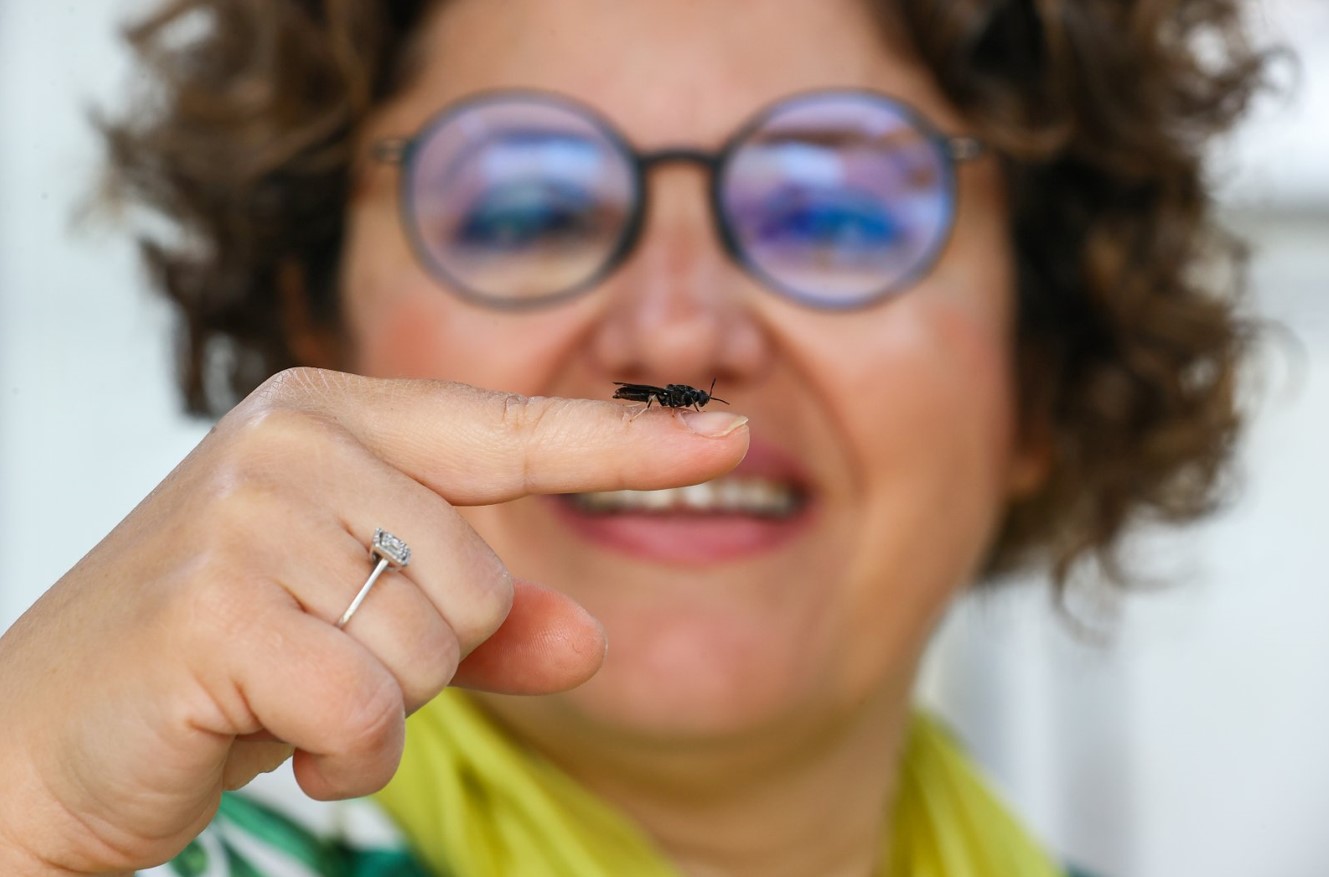
Case Studies and Success Stories
Now let’s take a look at some case studies and success stories of using black soldier fly larvae to manage food waste in urban areas:
Case Study 1: Vietnam Cashew Fruits and BSFL
An example of using black soldier fly larvae in organic waste management processes. A pilot project in Viet Nam proved that the larvae could not only convert food waste into protein but also help reduce the methane emissions from food waste. More specifically, BSFL helps Vietnam cashew Industry treat all Cashew Fruit waste. In the past, cashews fruit were usually thrown away after the raw cashews nut were taken. So Nowadays, many Organic cashew farms in Vietnam raise black soldier flies to eat all kinds of cashew fruit waste for manure and protein.
- The Manure: BSFLs are able to convert a large amount of organic waste (cashew fruits) into manure, which can then be used as fertilizer to improve Cashew Farm soil quality, and reduce a lot of the cost of cashew farm care.
- High-Quality Protein: BSFL transforms protein-poor feed (cashew fruit organic waste) into valuable proteins. The Farmer can Sell BSF Larvae to Local Chicken farms, or Pig farms… nearby. BSF Larvae Made Cashew Industry Waste into Money Help Vietnam Cashew Farmers to improve their lives.
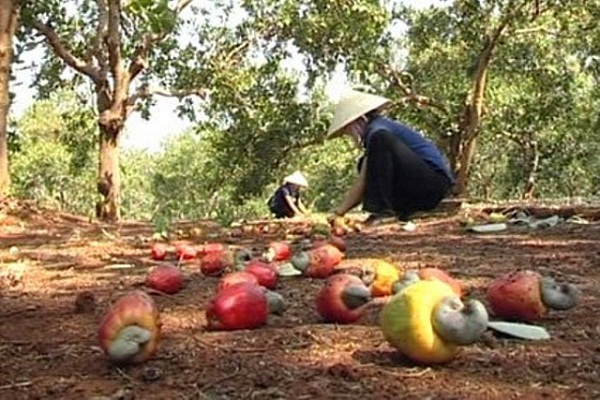
Case Study 2: Malaysia Processing Waste Products From Local Markets
The newly established Black Soldier Fly farming facility, located at the Tanah Merah wholesale market, will serve as the epicenter of this sustainable approach. The facility is tasked with processing waste products collected from the Manal wholesale market and the Bandar Tanah Merah general market.
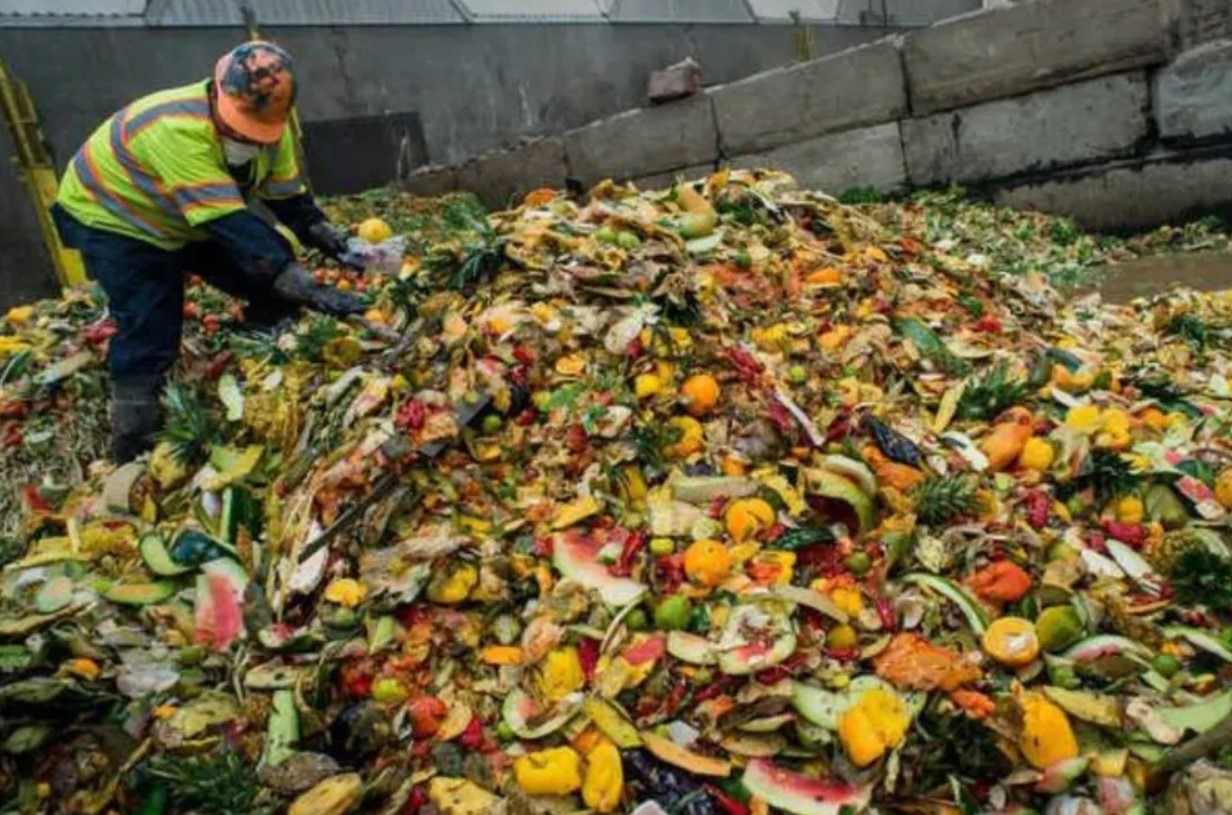
Case Study 3: A city in China
A city in China implemented a black soldier fly larvae program, which reduced food waste by 60% and produced high-quality compost for urban farming initiatives.
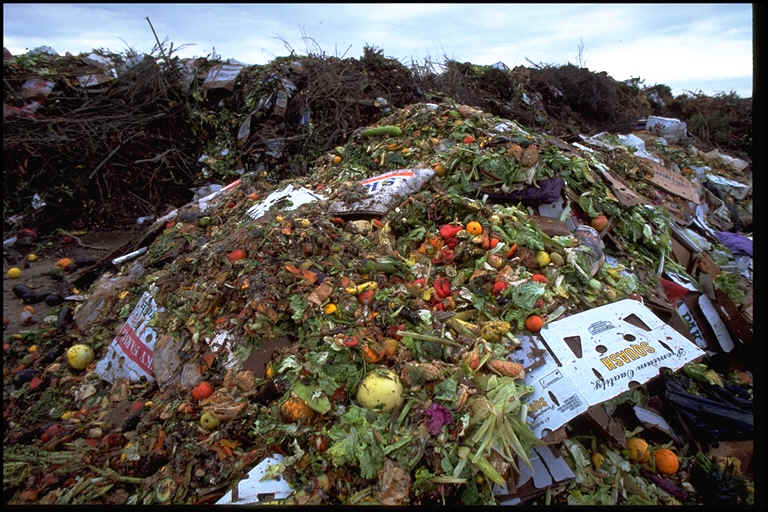
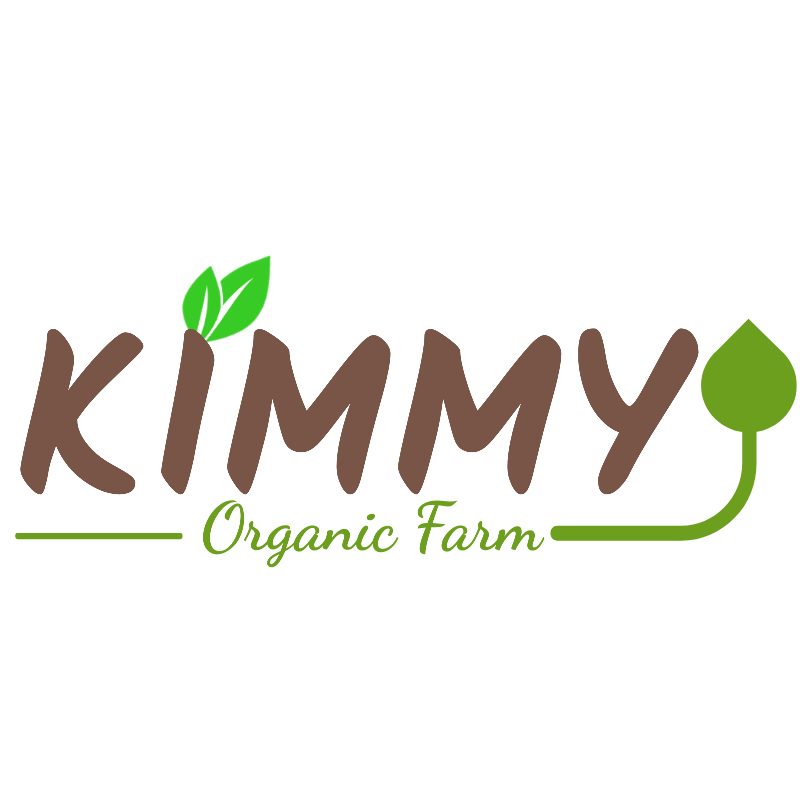
A brand specializing in the production and export of agricultural products in Vietnam. We have a black soldier fly farm in Tay Ninh and a cashew growing area in Binh Phuoc. The main export products of the company are: cashew nuts, cashew nut kernels, black soldier fly, frozen seafood, shrimp, prawns, catfish… from Vietnam.
